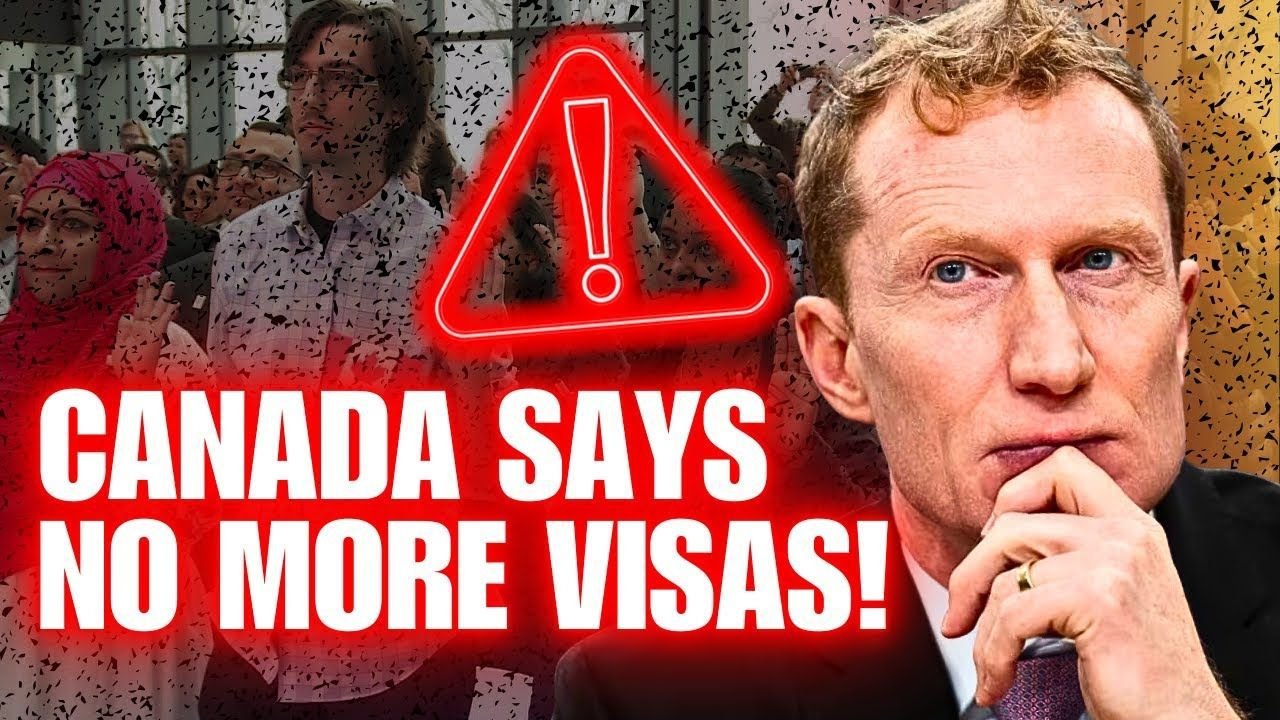In a strong move to improve border control and protect the immigration system, Canada has changed its Immigration and Refugee Protection Regulations by giving immigration and border services officers greater authority to cancel temporary resident documents.
These amended regulations will take effect on January 31, 2025, thus empowering officers to cancel electronic travel authorizations (eTAs), temporary resident visas (TRVs), work permits, and study permits in certain circumstances.
Overview of the New Regulations
Cancellation of eTAs and TRVs
Officers are now explicitly permitted to cancel eTAs and TRVs in cases where the person has become inadmissible or otherwise no longer eligible. This could have become the case by providing false information, acquiring a criminal record, or death. In deciding to cancel the above-mentioned documents, officers can also consider whether there is a concern that the individual will not in fact depart Canada at the end of their authorized period of stay or that the travel document is reported lost, stolen, destroyed, or abandoned.
Cancellation of work and study permits
The amendments also apply to work and study permits. Permits may now be canceled if the holder ceases to be a temporary resident, if the permit holder dies, or if the permit was issued in error through administrative oversight.
Impact on Temporary Residents
These regulatory changes act as a reminder that all information provided in the context of visa matters must be correct and truthful. Temporary residents are to adhere to the conditions of their visa or permit and, in any case, make sure to leave Canada on or before the expiration of their authorized stay period or apply for its extension. Not ensuring compliance will result in the cancellation of one’s visa or permit and possibly even removal from Canada.
Impact on International Students and Workers
This new regulation will also be affecting thousands of international students and workers. A significant number of Indian nationals studying in Canada are about 427,000. With restrictions in place for monitoring, these students will face delays in their applications, financial burdens of increase, and uncertainties.
Government’s View on Immigration Control
Mr. Marc Miller, Canada’s Minister of Immigration, acknowledged that the government should have intervened sooner to rein in the rising levels of temporary migration. Under its new immigration policy, the government plans to slow down both permanent and temporary immigration in an effort to reduce Canada’s population in the next two years. This scheme assumes that visa applications will be increasingly scrutinized and more enforcement actions will be taken against those overstaying their temporary visas.
Conclusion
Termination of visa and permit applications temporarily updated in Canada is only one of the latest actions in fortifying immigration rights and national security. Temporary residents need to be alert and ensure compliance and sufficient knowledge to avoid any interference with their stay. The new policies underline the need for respecting any conditions that accompany a visa and for keeping personal records updated.
